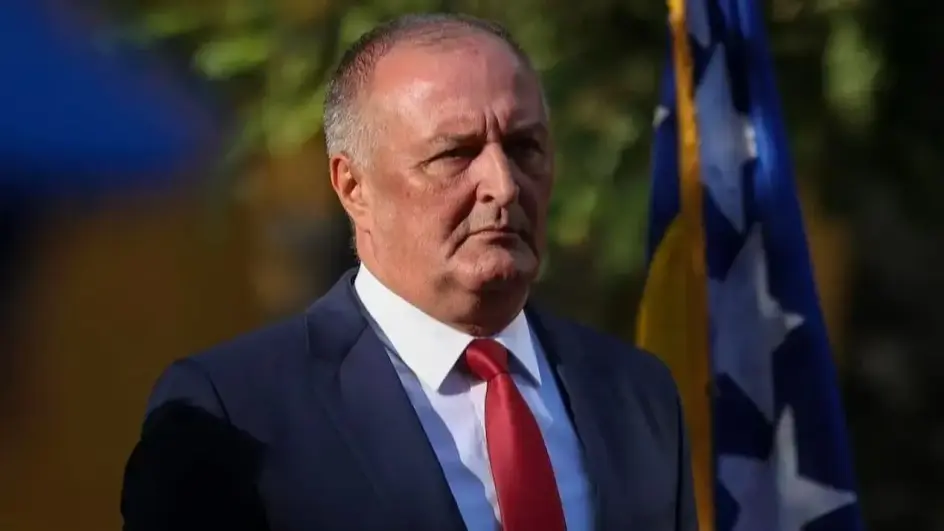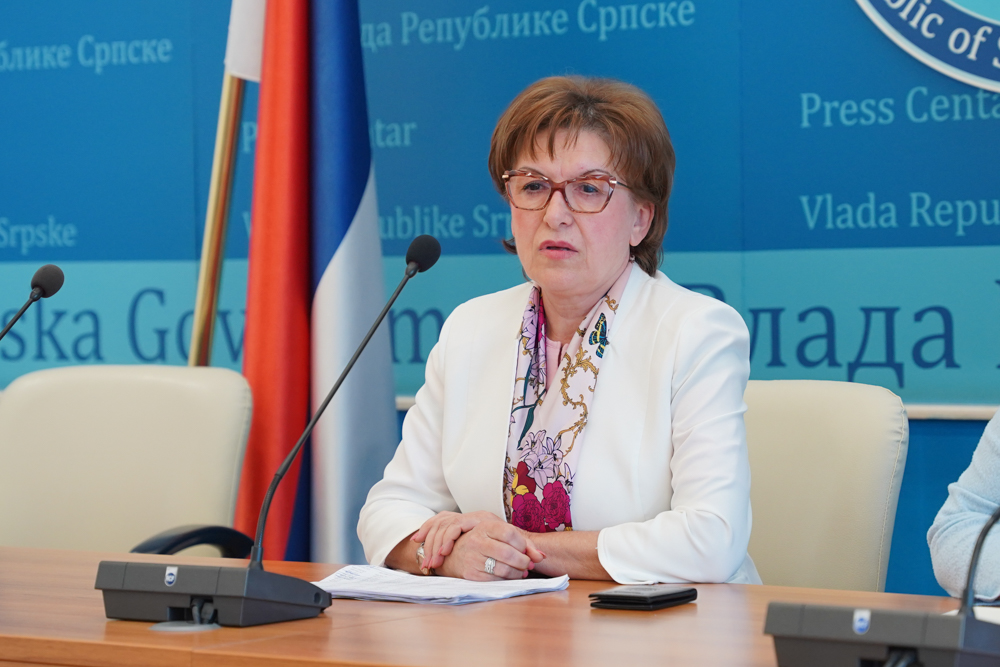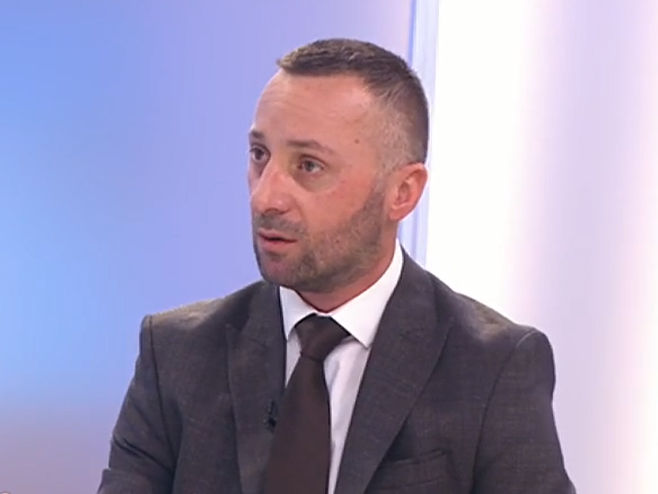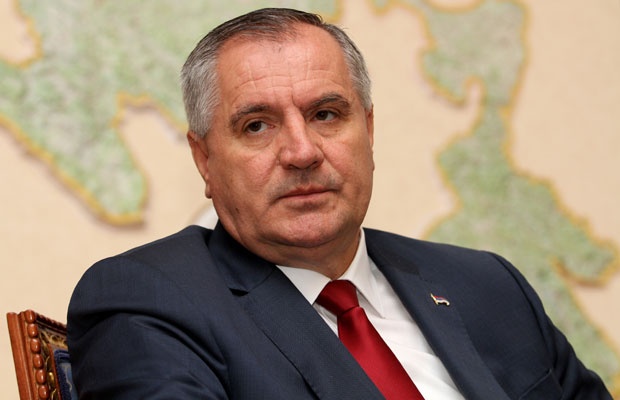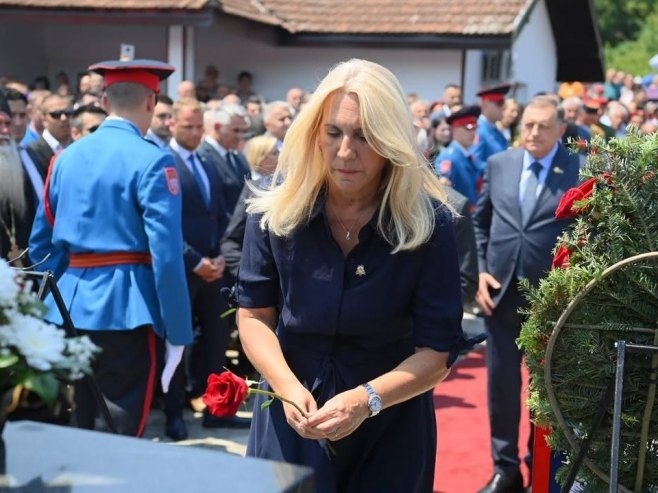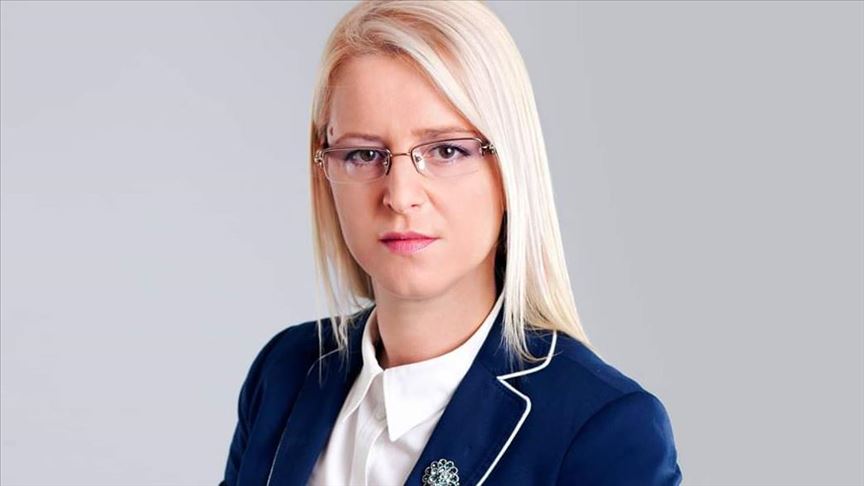Minister of Finance of Republika Srpska, Zora Vidović, stated in an interview with Srna that the financial situation in Srpska remains stable despite economic and political sanctions, noting that all obligations are being met from the budget, and this is projected for the next three years, allowing for new investments worth several billion KM.
- “Our public debt is at 31%, while the legally allowed limit is 55% of GDP. The total debt is around 37%, while the permitted debt is 60% by law. We are adhering to these limits, and I believe this debt level is quite low. By the end of the year, it will show as even lower because the GDP we planned for this year will be significantly higher,” Vidović explained in SRNA’s podcast.
She pointed out that this is exceptionally low indebtedness, especially considering that the debt reached a historical maximum under the previous opposition government, with a much lower GDP rate.
Opposition’s claims about bankruptcy are baseless
- “Back then, they had a total debt of 59%, while the limit was 60%. Their public debt was 54.9%, just below the 55% ceiling. This means they were operating at the very edge of the legal limit for both public and total debt. Back then, they had a GDP of five billion, while their debt was three billion. Today, we have a GDP of 16.5 billion, and we are indebted five billion. It’s simple math, and any citizen can calculate it. The opposition’s narrative of today’s so-called massive indebtedness doesn’t hold water and is merely cheap daily political rhetoric,” Vidović emphasized.
She noted that the government of Republika Srpska regularly meets all of its obligations, that there has been no delay in payments, and that this financial discipline has earned Srpska an excellent credit rating from renowned European agencies.
- “I’m puzzled by the opposition, who live in Republika Srpska but constantly talk about bankruptcy. Even though they hoped for it, it’s unclear how anyone could wish for bankruptcy for their republic and fellow citizens. It hasn’t happened, and it won’t. We follow the law, and we have a good credit rating. We’ve received a stable ‘B’ rating, meaning the debtor can fulfill obligations on time and in full. Despite what the U.S. Embassy in BiH says, this is the verdict of experts and reputable agencies,” Vidović stated.
Despite U.S. Embassy pressure, Srpska is financially stable and moving forward with new projects
Vidović highlighted that there are challenges in the international financial market, which Srpska has successfully navigated in the past. Despite the U.S. Embassy’s negative propaganda, there are still opportunities for low-interest loans to fund significant infrastructure projects.
- “Even though the U.S. Embassy and the so-called High Representative portray us as unreliable in public, we maintain excellent relations with the World Bank, which offers to finance projects of great importance to us,” Vidović noted.
Speaking about infrastructure projects, Vidović announced that by the end of the year, a contract will be signed with the World Bank for the construction of the Foča-Šćepan Polje road section.
- “Currently, we are implementing projects worth 2.8 billion KM in Republika Srpska. This is beyond what the budget allocates for investments. Next year, this figure will approach four billion, as we expect to sign a contract for the construction of a section of the ‘Corridor 5C’ highway from Vukosavlje to Brčko,” Vidović emphasized.
Next year’s budget will be based on a realistic assessment
Discussing the budget for next year, Vidović mentioned that it will be based on a realistic assessment, noting that inflation has been reduced to 1.1%.
- “Budget investments are the largest in the healthcare sector, with about 800 million KM allocated for investments. In addition, 2.8 billion KM is being invested, and next year another 330 million KM is planned. Education is also a significant priority, with major investments in the construction of student dormitories and faculty buildings in East Sarajevo,” she noted.
Vidović reminded that Republika Srpska’s budget had previously been in a significant surplus, but the COVID-19 pandemic negatively impacted finances.
She stated that there is a plan to return to a budget surplus by 2026.
- “In 2023, the National Assembly passed a budget consolidation program, which aims for a surplus by 2026. Last year, the budget deficit was 257 million KM, as projected. The plan is to achieve a surplus again by 2026,” Vidović said.
The government serves all local communities, but spending must be responsible
Vidović stressed that the government of Republika Srpska approaches all issues in local communities objectively, without making distinctions based on which party governs a municipality or city.
- “We approach every local community equally, regardless of who is in power. We serve the citizens and their needs. For example, we provided two million KM to Bileća, which was governed by the opposition at the republic level, because the situation was dire, and I believe it’s still difficult there. I know the situation in Sokolac is also challenging. The new leadership that will come after the local elections will have to consolidate the situation and create a plan to bring the municipality to a stable condition,” Vidović stated.
Significant support from Serbia, which stands for the Dayton Peace Agreement
Vidović pointed out that Serbia’s support to Republika Srpska is significant, based on the respect for the Dayton Peace Agreement and the constitutional structure of BiH.
- “As seen from numerous statements by President Aleksandar Vučić and other high-ranking officials in Serbia, they fully support the Dayton Agreement, as we do. We only ask for the powers given to us by the Dayton Agreement and nothing more,” Vidović said.
She added that, apart from moral support, Serbia also provides significant financial aid.
- “In every municipality, we’ve carried out projects with funds donated by Serbia, and that’s very important. Serbia also helps municipalities in the Federation of BiH. Moreover, Serbia’s moral support in our struggle to uphold the Dayton Agreement and protect Serb national interests and Republika Srpska is invaluable,” Vidović emphasized.
Srpska will support local communities in the Federation of BiH
Vidović pointed out the evident lack of support from the Federation’s authorities for local communities where the Serb population is in the majority or significantly represented.
She stated that this is reflected in the lack of funds for infrastructure development and overall functioning.
Vidović announced that, starting next year, the Republika Srpska budget will allocate one million KM each to help the budgets of Drvar, Grahovo, Glamoč, and Bosanski Petrovac.
- “We’ve decided on a systematic approach to support these municipalities. In the 2025 Republika Srpska budget, there will be a specific allocation for these four municipalities, with one million KM each. This will provide them with secure financing and significantly help their small budgets,” Vidović said.
She added that Republika Srpska has also shown solidarity in helping flood-affected municipalities in the Federation of BiH.
- “We know what it’s like, as we experienced the 2014 floods in Republika Srpska. Offering help in times of need is natural, and any well-intentioned person would do the same. President of Republika Srpska provided 250,000 KM from his office for the needs of the affected population in the flooded areas of the Federation of BiH,” Vidović said.
She added that she would like to see similar reactions from the Federation, but unfortunately, they have been absent, recalling their response during the summer wildfires in Republika Srpska.
- “We waited so long for them to approve the arrival of a helicopter from Serbia, which was inhumane. We, of course, don’t think like that and are always ready to help those in need because we understand their difficult situation,” Vidović emphasized.
Minimum wage in Srpska depends on the outcome of social partner negotiations
Referring to the ongoing negotiations between social partners in Republika Srpska regarding the minimum wage, Vidović said that it is high time they reach an agreement, as the government has been setting the wage for several years.
- “It was unfair that they couldn’t reach an agreement all these years, and the government had to step in. In such cases, the government makes the decision, which leaves everyone dissatisfied. I’m glad they’ve started negotiations early and have plenty of time until the end of the year, so I believe they will reach an agreement,” Vidović said.
She emphasized that the government of Republika Srpska will respect whatever the social partners agree upon, noting that both unions and employers have access to all the information and statistics available to the government.
- “I wouldn’t speculate on what the situation will be now. We all have the same information and understand what’s happening. We just need to be realistic and act accordingly,” Vidović concluded.
Source: RTRS
